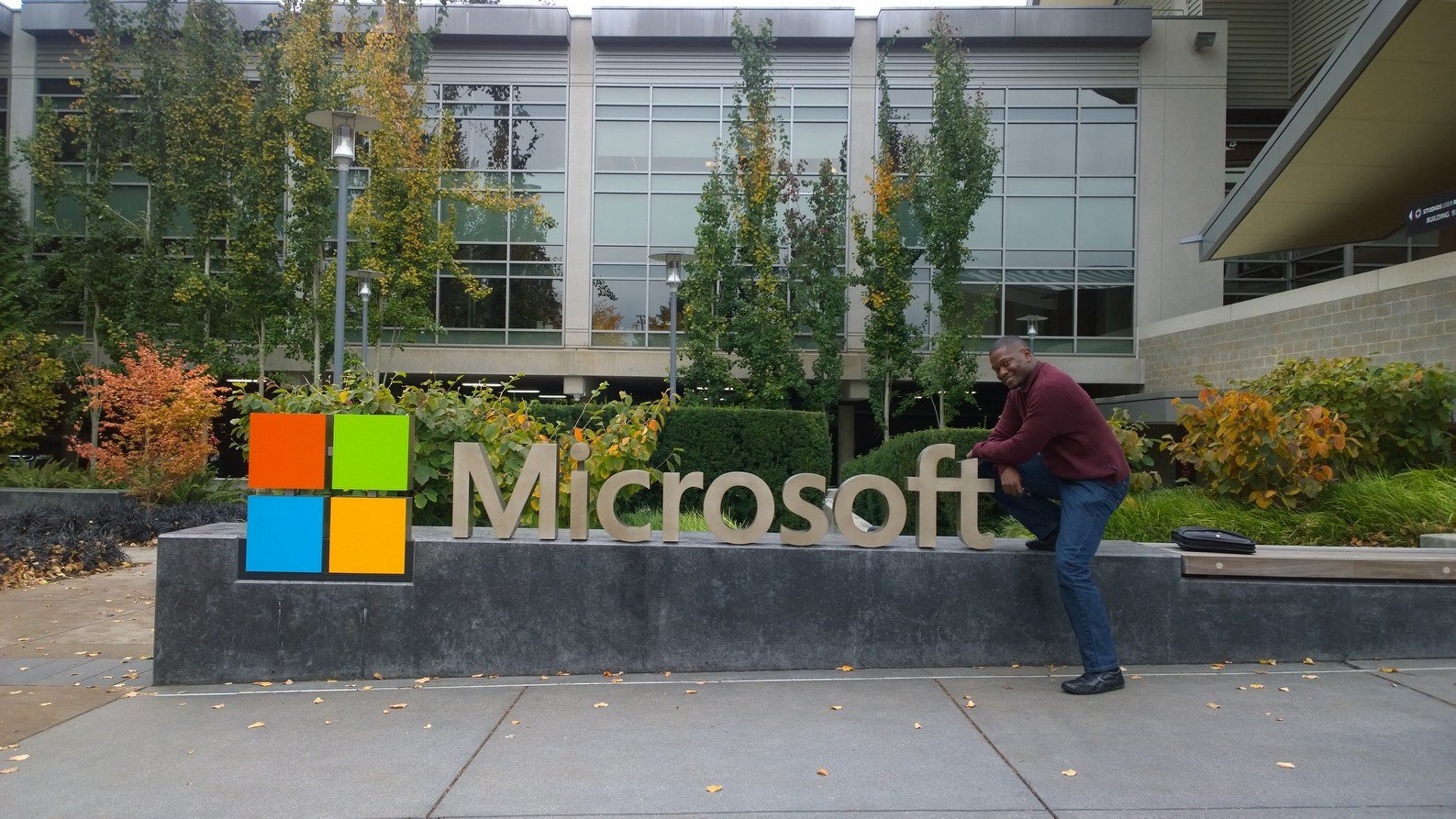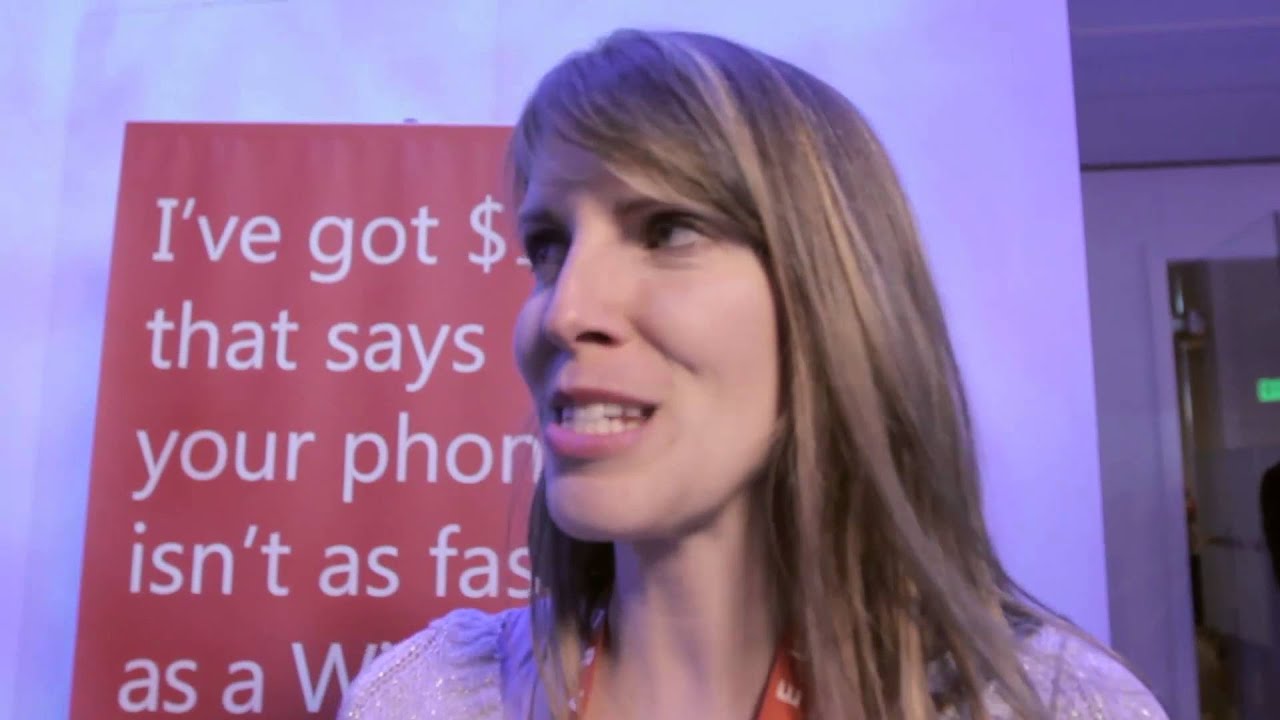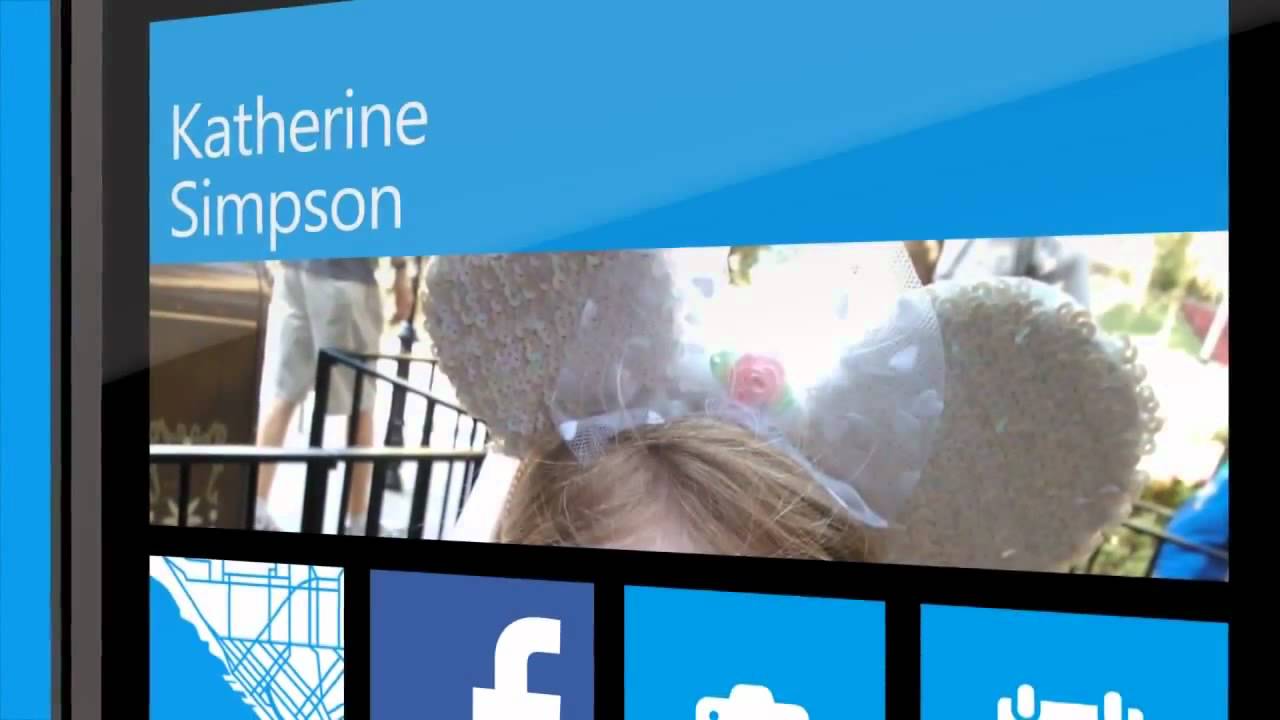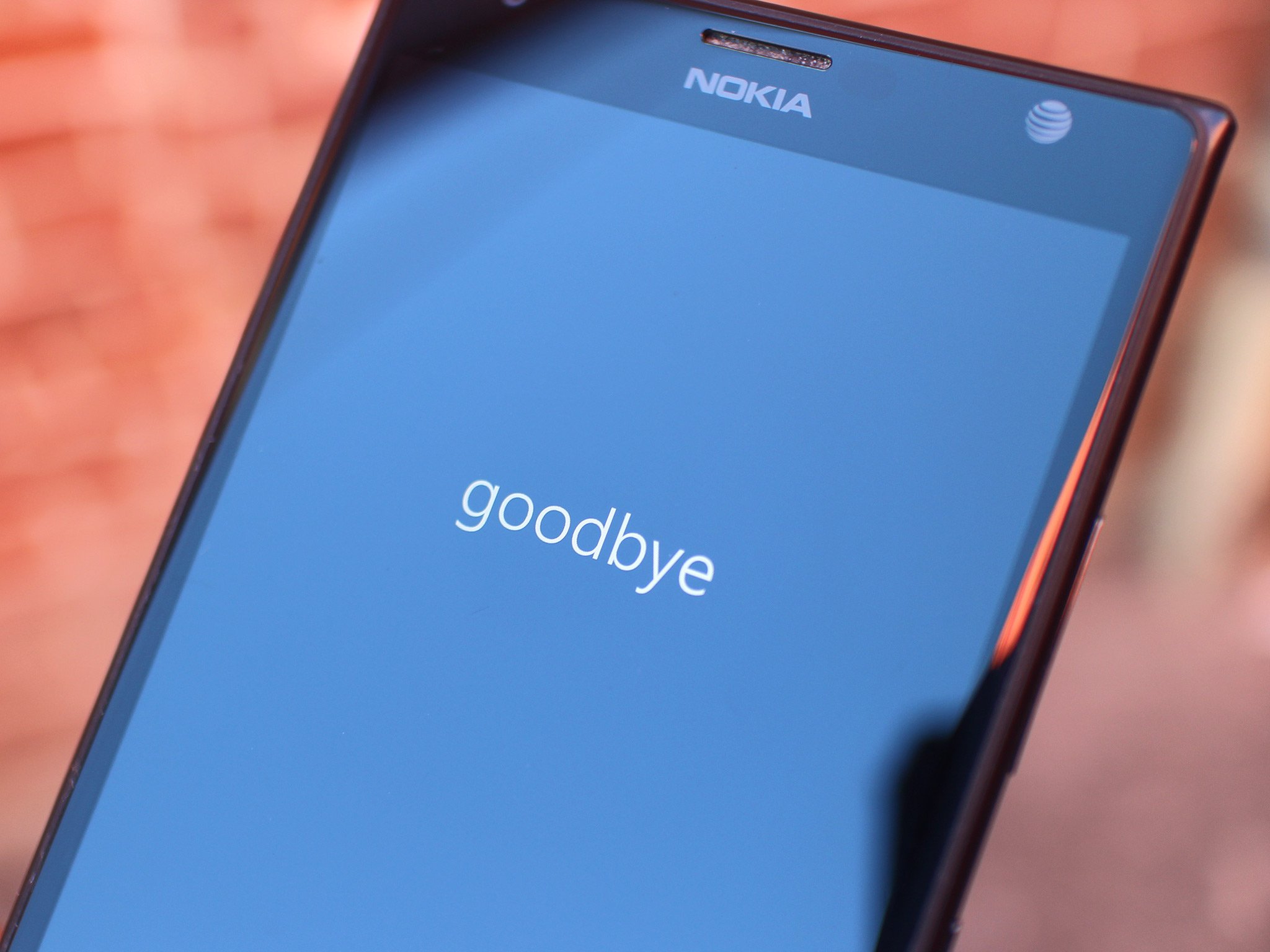What it's like to keep clinging onto Windows Mobile's sunken ship
I've been using Windows phones since 2006, and they still work for me… for the most part.

All the latest news, reviews, and guides for Windows and Xbox diehards.
You are now subscribed
Your newsletter sign-up was successful
Microsoft's Windows phones are the pariah of the tech industry. It wasn't always this way. Pre Windows Phone Windows Mobile once occupied a dominant position in the smartphone industry as a platform for professionals and techies. Then the iPhone pushed "smartphones" into the mainstream, and everything changed. Microsoft would never again approach the 40 percent mobile market share it once achieved.
The iPhone's 2007 launch initiated Windows Mobile's precipitous fall which Microsoft sought to stall with the touch- and consumer-friendly Windows Phone's 7, 8, 8.1 and Windows 10 Mobile. Conceding Windows-on-phones market defeat, Windows 10 Mobile was infamously realigned with the enterprise sealing its fate. With each OS "advancement" Microsoft's smartphone market share continued to fall. Many fans held on hoping for a turnaround that never came, and a deeper commitment from Microsoft that never materialized.
Most diehard fans have since left the platform for greener iPhone and Android phone pastures. A few of us remain more or less content with the vestiges of a platform that honestly began to disappoint, around Windows Phone 8.1, even before the bottom fell out. Still, I've been using Windows phones since 2006, and my Lumia 950 XL with Windows 10 Mobile is still my daily driver.
- Related: Hey Windows phone fans, here's why you may want to pass on Android
- Related: Hey Windows phone refugees – here's why you should pass on iPhone
What drew me to Windows phones?





The idea of "Windows in my pocket" drew me to my first smartphone (which was my second cell phone), the Cingular 2125. It was a candy bar shaped Windows Mobile 5.0 smartphone with a physical keyboard and a "big" (for the time) 2-inch screen that I bought in 2006 for $299. It allowed me to surf the web, watch saved movies from the SD Card, download apps from the web and much more. My Cingular 2125 Windows phone was superior to the flip and feature phones my peers and others were using at the time.
My Tilt and Tilt II, followed my 2125 with Window Mobile 6.0 sporting slide-out keyboards and larger displays. Their design combined with Windows 6.0/6.5 made me feel like I was carrying a min-laptop in my pocket. Modifying the UI of this open operating system (OS) was one of my favorite parts of Windows Mobile. So after Apple launched the iPhone with its closed OS and locked-down UI, I was disappointed with the overly simplistic, closed Windows Phone 7 OS and UI Microsoft launched in response.
It wasn't until Windows Phone 7.5 and the "massive" HTC Titan that Live Tiles, Hubs, the OS level integration of social media platforms, the UI fluidity and more won me over to Windows Phone. I loved interacting with Facebook friends directly from the People Hub as if FB and Twitter we part of the OS. I enjoyed posting to social media from the Me Tile and the aesthetic and social network integration of the Photos Hub. The person-focused Messaging Hub which provided a continuous conversation stream centered around a person even when I switched from a text messaging to Facebook Messenger was a joy. When Windows Phone 8.1 brought welcome additions like Cortana to the mix, while ditching the power of the Me Tile and more, the "progress" was bittersweet.
Windows 10 Mobile with the addition of hamburger menus and eradication of the large fonts and the carousel aesthetics all but killed the beauty of the OS that drew me in. I'm still here, however, because I still prefer Live Tiles (I know there are Android skins), the platform still works for me, for now, and the cost of getting what I want, a Galaxy Note 9 at $1000, is more than I can justify paying right now.
All the latest news, reviews, and guides for Windows and Xbox diehards.
Do we really need top of the line smartphones?
Windows Phone 8.1 improved upon and took away from the Windows Phone 8 experience.
I'm a techie so of course, I want the latest and greatest tech. But as a Windows phone user who is using a three-year-old device what I, and perhaps most of us, need and want are very different things. I'm not a heavy app user. And statistically, most people only use six top apps 90-percent of the time. So statistically most people are not heavy app users. And those apps that are most used, like Facebook, Instagram, and others, are found on Windows phones (for now).
Now I am painfully aware that many apps many people use, like my banking app, is no longer available on Windows Mobile. Apps that my wife and I need for our small business are also missing. And many apps like my favorite News program and other advertised apps are missing. But for what most of what most people do most of the time: surf the web, watch videos, interact on Facebook and Twitter, email, message and more, even in its declining state, Windows phone still does the job. Would an iPhone or Android phone do things better? I'm convinced that yes, they would, but they're not Windows phone. I'm also aware that the lack of some apps on Windows Mobile is a barrier to certain jobs. I'm not trying to convince anyone to switch to or hold onto a sinking ship. I'm sharing my experience.
I know that the tech industry and many of our own internal motivations convince us that we need the latest and smartest devices to participate in the modern age of mobile computing. I believe that that urge in most cases is driven by want rather than actual need, however. As someone in tune with the tech industry and immersed in this world I contend we could get along just fine without catering to the annual ritual of spending hundreds of dollars for an incremental step in device evolution at the behest of tech companies in their quest for more profits. Especially when the device we spend $1000 for this year will be used to surf the web, listen to music, watch videos, message friends and take pictures just like the device we spent $1000 for last year.
Let's be honest, no one really needs a $1000 smartphone
What lies ahead?

I'll eventually move on from my three-year-old Lumia 950 XL. It will likely be to a $200 Android phone or perhaps a $1000 Galaxy Note. That's if I don't hang on long enough to reap the possible Surface Andromeda fruits of Microsoft's Windows-on-mobile strategy of which Windows-on-phone has always only been a part.
My switch to Android or Microsoft's Pocket PC (if it makes it to market) is inevitable folks. When the time comes I'll be sure to let you know.

Jason L Ward is a Former Columnist at Windows Central. He provided a unique big picture analysis of the complex world of Microsoft. Jason takes the small clues and gives you an insightful big picture perspective through storytelling that you won't find *anywhere* else. Seriously, this dude thinks outside the box. Follow him on Twitter at @JLTechWord. He's doing the "write" thing!
